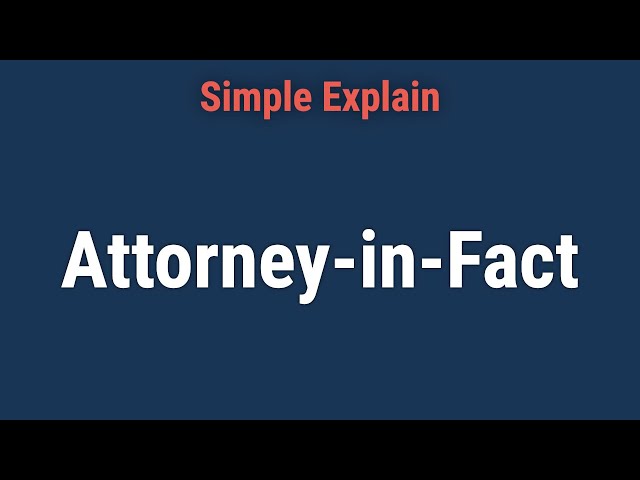What Is Promissory Estoppel?
Promissory estoppel is a legal principle where a promise can be enforced by law if the promisee relies on it and suffers harm, even without formal consideration. Promissory estoppel prevents the promisor from arguing against the enforcement of a promise.
Promissory estoppel is recognized in the U.S. and other countries, though its requirements vary by country and even by state.
Key Takeaways
- Promissory estoppel allows promises to be enforced by law even without formal consideration if significant reliance and detriment occur.
- This doctrine prevents a promisor from denying the enforceability of their promise if the promisee has suffered financial harm due to reliance.
- Promissory estoppel requirements include a clear promise, reliance on that promise by the promisee, a detriment suffered, and a need to avoid injustice.
- Cases of promissory estoppel can result in either reliance or expectation damages, depending on the jurisdiction and circumstances.
How Promissory Estoppel Works
Promissory estoppel serves to enable an injured party to recover on a promise. To claim promissory estoppel, there must be a promisor, a promisee, and a detriment suffered by the promisee. The promisee must have reasonably relied on the promise to make a claim. This means the promise must be one a reasonable person would typically rely upon.
Another requirement further qualifies the required detriment component; the promisee must have suffered an actual substantial detriment in the form of an economic loss that results from the promisor failing to deliver on their promise. Promissory estoppel is granted when a court finds that enforcing the promise is crucial to prevent injustice to the promisee.
An example of promissory estoppel might be applied in a case where an employer makes an oral promise to an employee to pay the employee a specified monthly or annual amount of money throughout the full duration of the employee’s retirement. If the employee then subsequently retires based on a reliance on the employer’s promise, the employer could be legally estopped from not delivering on his promise to make the specified retirement payments.
Key Elements of Promissory Estoppel
There are three key ingredients for a legal case involving promissory estoppel: the promisor, the promisee, and promise that was not kept. In order to seek damages based on promissory estoppel, a plaintiff must show that:
- The promisor made a promise, with the intention that a reasonable person would act on it;
- The promisee believed the promisor, and acted on that promise in good faith;
- The promisor later reneged on that promise causing financial harm to the promisee; and
- The nature of the promise is such that the only way to avoid injustice is by enforcing the promise.
Promissory Estoppel within Contract Law
Contract law generally requires that a person receive consideration for making a promise or agreement. Legal consideration is a valuable asset that is exchanged between two parties to a contract at the time of a promise or agreement.
Ordinarily, some form of consideration, either an exchange of money or a promise to refrain from some action, is required for a contract to be legally enforceable. However, in attempting to ensure justice or fairness, a court may enforce a promise even in the absence of any consideration, provided that the promise was reasonably relied on and that reliance on the promise resulted in a detriment to the promisee.
Real-World Example of Promissory Estoppel
As a hypothetical example, imagine a person working in New York who seeks a new job. After a certain number of interviews, they receive a job offer from an employer in California offering a high salary and relocation expenses. The prospective employee immediately quits their job, ends their tenancy, and begins to relocate to California.
Upon arrival in California, they learn that the job is no longer available, or has a greatly reduced salary. Because the employee relied on the employer’s promise, they may be able to seek judicial relief for the expenses they incurred due to the employer’s promise. As with other aspects of contract law, promissory estoppel is state-specific, so the employee would do best to consult a California attorney before pursuing legal action.
What Is the Difference Between a Contract and Promissory Estoppel?
In contract law, the doctrine of consideration states that there must be an exchange of consideration in order for a contract to be enforced. If one party fails to uphold their end of a contract, the other party can withdraw from that contract.
Promissory estoppel is the exception to this rule. Under the doctrine of promissory estoppel, even the existence of a promise may be sufficient to enforce an agreement, if the other party has suffered damage as a result of acting on that promise.
What Is Equitable Estoppel?
Equitable estoppel is a legal doctrine that prevents a party from taking a position that is contrary to their previous position, if doing so harms the other party. This rule prevents someone from going back on their word in a court of law.
What Damages Can Be Recovered in Promissory Estoppel?
The rules for promissory estoppel vary by jurisdiction. Generally speaking, a successful case of promissory estoppel may result in the award of either reliance damages or expectation damages. Reliance damages are based on what it would cost to restore the promisee to their economic position before they relied on the broken promise, while expectation damages are based on the cost of putting the injured party in the same position as if the promise had been fulfilled.
Conclusion
Promissory estoppel enforces promises that cause financial harm when broken, even without formal consideration. It ensures a party cannot back out of a promise relied upon by another to their detriment.
Key elements include a promise, reasonable reliance, and significant detriment, with enforcement needed to prevent injustice. Given the complexity and jurisdictional differences, consulting a lawyer is crucial before legal pursuit.



